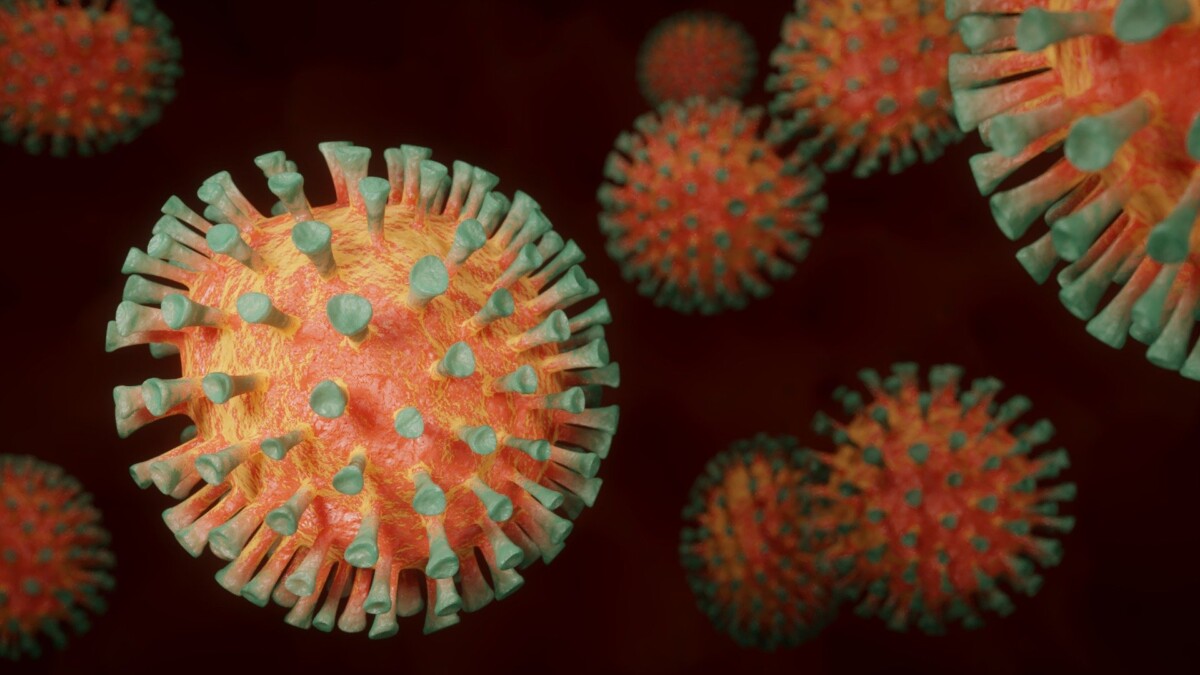Fatigue and muscle weakness are the most common complaints. But sleep problems, anxiety and depression can also follow a COVID-19 infection.
We now know that the corona virus can make you sick. Fortunately, many of the millions of people affected by the new coronavirus SARS-CoV-2 have been declared cured. Yet this does not mean that these people are the same again immediately. Many patients have complaints. In fact, out a new study shows that most COVID-19 patients who ended up in hospital still have complaints 6 months later.
The research
In the study, the researchers decided to study the long-term effects of a serious COVID-19 infection. That is badly needed, because we know very little about this. “Because COVID-19 is such a new disease, we are only now beginning to understand some of the long-term effects on patient health,” says researcher Bin Cao. The new study included 1,733 former COVID-19 patients who were discharged from Jin Yintan Hospital in Wuhan between January 7 and May 29, 2020. The mean age of these patients, who were closely monitored from June 16 to September 3, 2020, was 57 years.
Tests
All patients were face-to-face interviewed. Questionnaires were used to evaluate their symptoms and health-related quality of life. In addition, they underwent physical examinations, laboratory tests and their stamina was mapped. 390 patients underwent further tests, in which their lung function was assessed. The amount of antibodies in the blood was also examined in 94 patients.
Still complaints
The findings indicate that COVID-19 is a persistent disease that can persist for a long time. Because no less than three quarters (76 percent) of the people surveyed still experienced complaints 6 months later. Fatigue and muscle weakness are the most common complaints (63 percent). But sleep problems (26 percent), anxiety and depression (23 percent) can also follow a COVID-19 infection.
Severe infection
But that’s not all. This is because patients admitted to hospital with a serious infection due to the coronavirus often suffered from reduced lung function six months later. They also found abnormalities on chest X-rays, which may indicate organ damage. In addition, fewer antibodies were found in the blood of previously seriously ill COVID-19 patients. The researchers found a drop of a whopping 52.5 percent, which gives rise to some concern about how easily these patients could become infected with the coronavirus again.
Whether less antibodies in the blood actually means that the body could not properly defend itself against re-infection remains to be investigated further. Researchers recently stated that a decrease in antibodies is quite normal. “Of course the immune response decreases to some extent over time, which is normal,” said researcher Alessandro Sette. “That’s what immune responses do. They have an initial phase of revival, after which they withdraw and reach a stable state. ” A broad analysis of the immune systems of former corona patients then suggested that these people were protected against SARS-CoV-2 for at least eight months. However, protective immunity varies greatly from person to person. Knowing more? read here fast on!–
The researchers discovered that many patients who had been seriously ill had a somewhat worse condition and performed less well on a walking test. The team also found that some patients developed kidney problems after discharge from the hospital. COVID-19 is known to affect other organs in addition to the lungs, including the kidneys. Laboratory tests showed that 13 percent of patients whose kidney function was still normal in the hospital developed decreased kidney function in the following months.
All in all, the findings indicate that you are not just free of complaints once you have been cured of COVID-19. “Our analysis indicates that after leaving hospital, most patients continue to experience problems,” Cao concluded. “Our study underscores the need for care, even after patients have been released from hospital. Especially for those who had contracted serious infections. ” That insight is very important. As few studies have been conducted on the aftermath of COVID-19 to date, more information on this topic is very relevant and timely. The researchers are also calling for further research. “Our work underscores the importance of conducting longer follow-up studies in larger populations to understand the full spectrum of the effects COVID-19 can have on humans,” Cao concluded.
–
Keep amazed ✨
Receive the most beautiful space photos and interesting popular science articles every Friday. Get the free Scientias Magazine together with 50,000 others.


